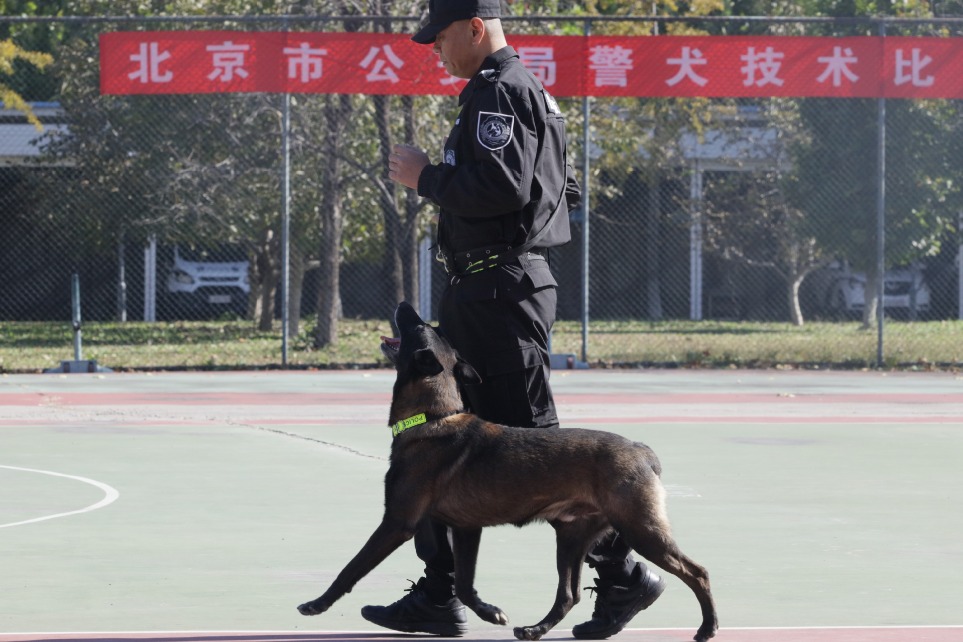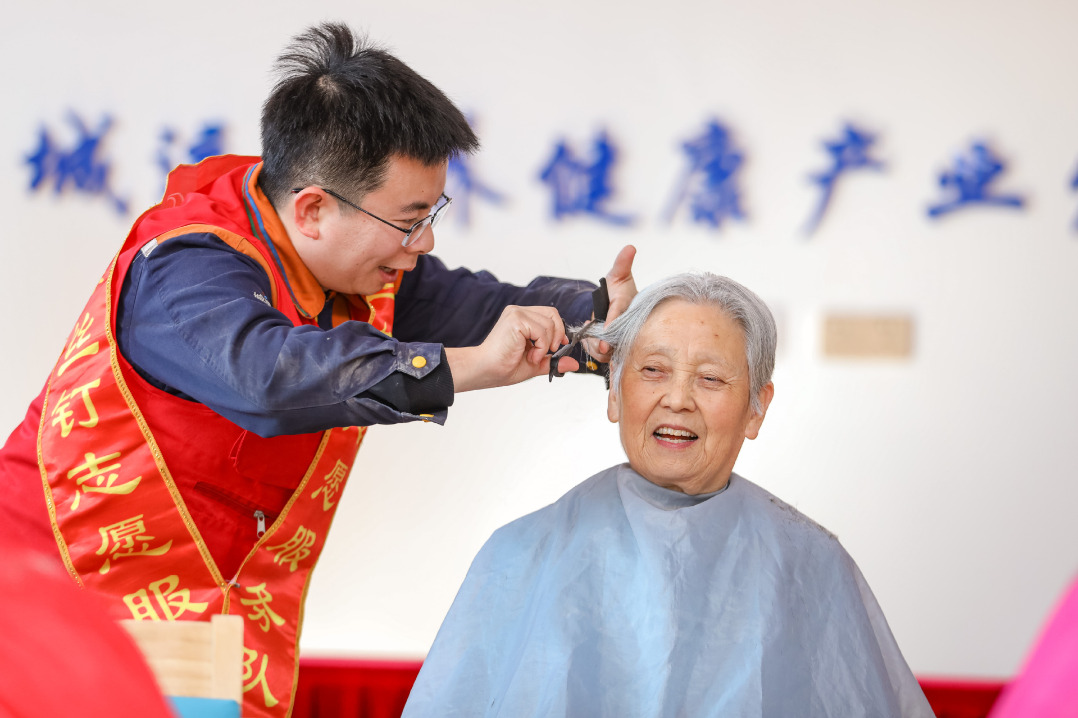Action taken to curb false rumors
Supplies from Shanghai Huashan Hospital, including vital items for medical workers, had been "stolen and had disappeared" after being sent to Wuhan, Hubei province


Li, from the Zhongwen Law Firm, said rumors can spread fast, causing people to panic.
He said he was glad to see more authorities responding at news conferences to key issues concerning the outbreak, but added that there was insufficient identification and disclosure of information.
"Government departments and professional institutions need to identify and conclude whether information is fake or not. If this identification is not carried out promptly, any dubious posts will spread rapidly online," he said.
To improve efficiency, he suggested the authorities set up a team during emergencies to disseminate key information provided by the public and respond to it by working with online service platforms, such as Weibo.
"In addition, it is more important to explain what data means, rather than merely release figures," he added. "Better explanations will help alleviate public concern and reduce unnecessary guesswork."
Law enforcement
Widespread attention has focused on Li Wenliang, a doctor from Wuhan Central Hospital who was initially reprimanded by local police for "spreading rumors online", before his death from the disease led to an outpouring of grief on the internet.
On Dec 30, the doctor told a WeChat group he had seen a report showing that seven patients had tested positive for severe acute respiratory syndrome. He told his colleagues and friends to be careful.
- Beijing sees surge in online investment fraud cases
- Cyberspace regulator kicks off drive to tackle 'abusive tipping practices'
- China revises Cybersecurity Law to bolster AI development
- Ex-Bank of Communications VP Investigated
- Expo highlights potatoes' vital role in food security and farmers' income
- Rail freight rises amid steady economy





































